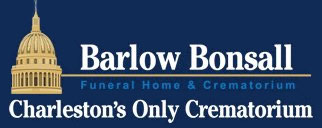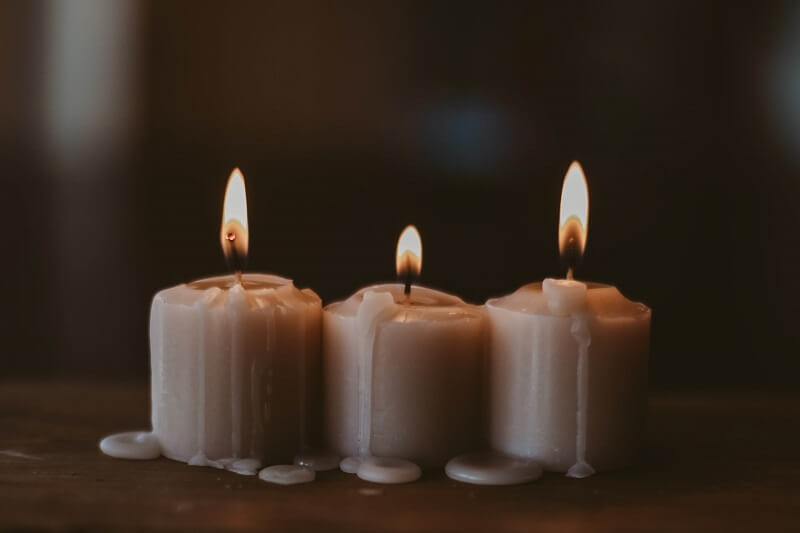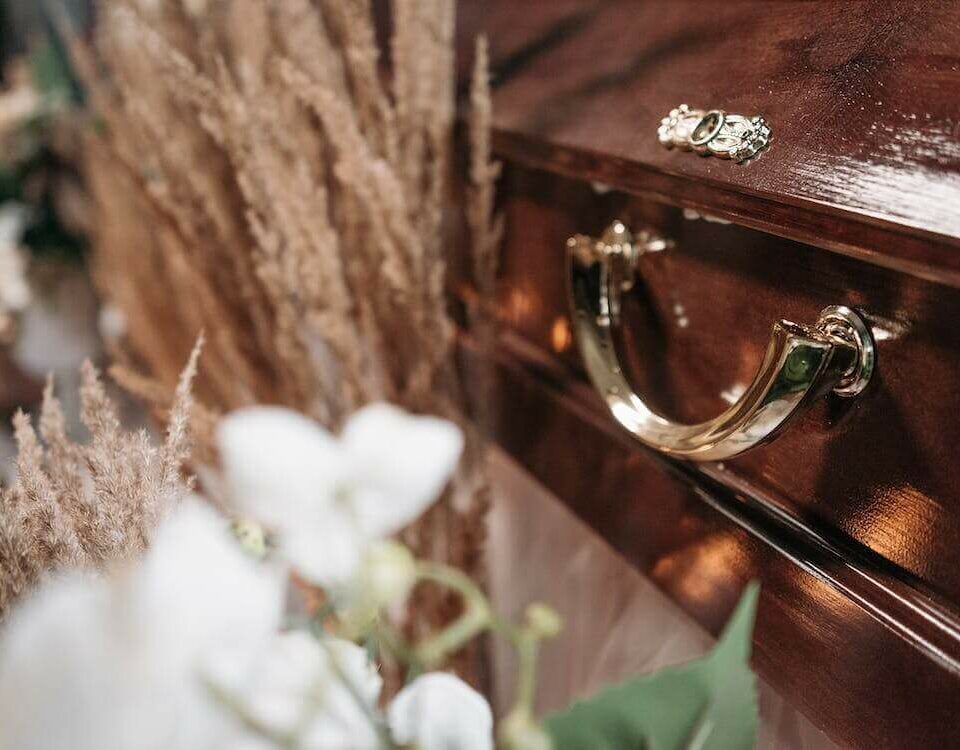- Immediate Need
- (304) 342-8135
- (800) 423-0648
- info@barlowbonsall.com
Estate Planning Basics: Wills and Trusts
When it comes to estate planning, wills and trusts are an important part of the planning process. While some people choose to have a will and trust without any legal assistance, you should at least understand the basics of what these documents entail. Also, planning allows you to choose which of the funeral homes in Dunbar, WV you prefer.
This blog will look at the basics of wills and trusts, the different types of wills and trusts, and the importance of estate planning.
What are wills and trusts?
A will is a document that allows you to say how you want your property and possessions distributed after you die. It can also name a guardian for your minor children. To be valid, a will must be in writing and signed by the person making the will (the testator). The testator must be of legal age (18 in most states) and must be of sound mind when making the will.
A trust is a legal arrangement in which one person, the trustee, holds legal title to property for the benefit of another person, the beneficiary. The trustee has a legal duty to manage and protect the property for the benefit of the beneficiary. A trust can be used to manage property during the owner’s lifetime and to distribute the property to the beneficiaries after the owner’s death.
Different types of wills
There are four types of wills.
1.Simple will
The type of will that most people think of when they hear the word “will.” Here, you specify who will inherit your property and appoint a guardian for any minor children.
2. Testamentary trust will
It names a trustee to manage the trust and transfers some assets into a trust for the benefit of your beneficiaries.
3. Joint will
This is signed by two or more individuals, one for each testator.
4. Living will
Nothing in a living will affects how your assets will be divided after your passing. Instead, it gives you the option to decide what medical care you wish to receive in the event that you become disabled.
Different types of trusts
There are many different types of trusts, and each has a different purpose. Here is a brief description of some of the more common types of trusts:
1. Living trust – A living trust is created during the lifetime of the person who creates it. It can be used to hold assets, such as property and investments, for the benefit of the creator’s beneficiaries. The trust can also be used to pass on assets to beneficiaries after the creator’s death.
2. Testamentary trust – A testamentary trust is created by a will, and it generally comes into effect after the creator’s death. The trust can be used to hold assets for the benefit of the creator’s beneficiaries.
3. Special needs trust – A special needs trust is created to provide financial support for a person with disabilities. The trust can be used to purchase goods and services that are not covered by government benefits.
4. Irrevocable trust – An irrevocable trust cannot be changed or terminated by the person who created it. This type of trust is often used to hold assets for the benefit of someone else.
5. Revocable trust – A revocable trust can be changed or terminated by the person who created it. This type of trust is often used to hold assets for the benefit of the creator’s beneficiaries.
Importance of estate planning
Estate planning is an important part of financial planning, and many people do not realize the importance of having one. The best time to do estate planning is when you’re young and have time to adapt, and take time to learn about your options.
Everyone wants to have a beautiful memorial service in funeral homes in Dunbar, WV, but estate planning is also about relieving your loved ones from the burden of your financial responsibilities. You do not have to be rich to benefit from estate planning, and you don’t have to be old! If you need help or would like to get more information about our services, you can contact us today.




